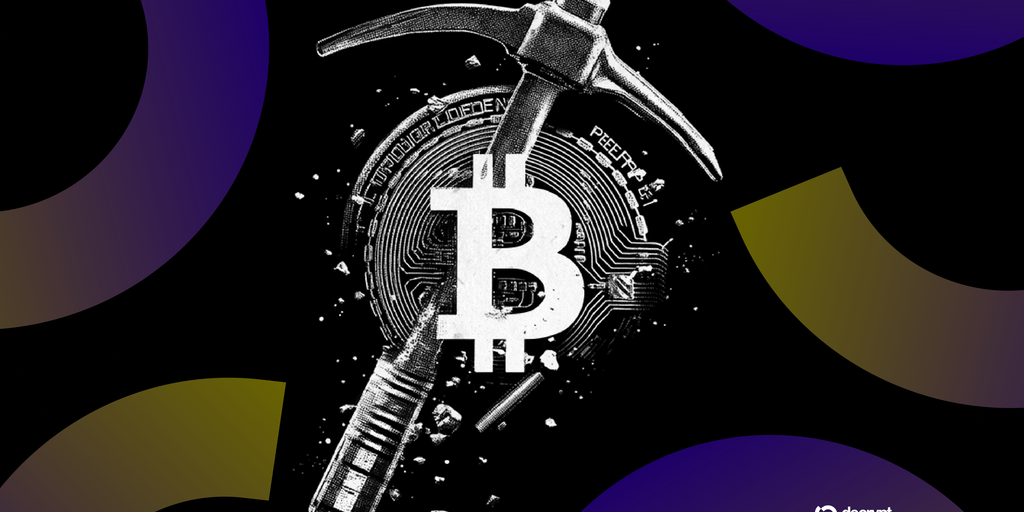Introduction to Blockchain Technology
Blockchain technology has revolutionized the way digital transactions are conducted and recorded. Its decentralized and transparent nature offers a transformative approach to data security and provenance. For investors and financial professionals, understanding blockchain's fundamentals is critical in navigating the rapidly evolving landscape of cryptocurrencies and decentralized finance (DeFi).
What is Blockchain? A Clear Definition
At its core, blockchain is a distributed ledger technology that records transactions across multiple computers, ensuring data integrity without the need for a central authority. Each "block" contains a list of transactions and is linked cryptographically to the previous block, creating an immutable chain. This design prevents tampering and offers a transparent history accessible to all participants in the network.
Key Features of Blockchain
- Decentralization: Eliminates the reliance on a single central entity, reducing the risk of failure or censorship.
- Transparency: All transactions are recorded and visible on the ledger, fostering trust among users.
- Security: Cryptographic techniques secure the data, making unauthorized changes virtually impossible.
- Immutability: Once information is entered, it cannot be altered, ensuring trustworthiness of transaction history.
The Rise of Blockchain in Financial Markets
The adoption of blockchain technology has surged in recent years, with significant implications for various sectors, especially finance. Cryptocurrencies like Bitcoin and Ethereum have brought blockchain to mainstream attention, with institutional investors and retail users increasingly participating.
Financial institutions are exploring use cases such as cross-border payments, smart contracts, and identity verification. These applications promise to reduce costs, increase speed, and improve transparency in transactions.
Impact on Cryptocurrency Investments
Understanding blockchain technology equips investors to make informed decisions in the volatile crypto markets. The technology underpins the value propositions of various digital assets, influencing their adoption and price dynamics.
Investors who grasp blockchain fundamentals can better assess project authenticity, technological robustness, and long-term viability, reducing exposure to scams and volatility.
Challenges and Considerations in Blockchain Adoption
While blockchain offers extensive advantages, several challenges remain:
- Scalability: Current blockchain networks face limitations in transaction speed and volume.
- Regulatory Uncertainty: Varying laws worldwide create complexity for global adoption.
- Energy Consumption: Some consensus mechanisms consume substantial energy, raising environmental concerns.
Future Outlook and Opportunities for Investors
As blockchain technology evolves, its integration with emerging fields like decentralized finance, non-fungible tokens (NFTs), and the metaverse opens new investment avenues. Enhanced scalability solutions and regulatory clarity will further catalyze growth.
Investors poised to capitalize on these trends must stay informed about technological developments and market sentiment to identify promising assets and projects.
Conclusion: Navigating the Blockchain Ecosystem with Confidence
Blockchain technology represents a paradigm shift with profound financial and societal implications. By understanding its fundamentals, investors can engage more strategically and prudently in the digital asset space. Staying updated with technological advancements and regulatory changes is crucial for optimizing returns and mitigating risks in this dynamic environment.
